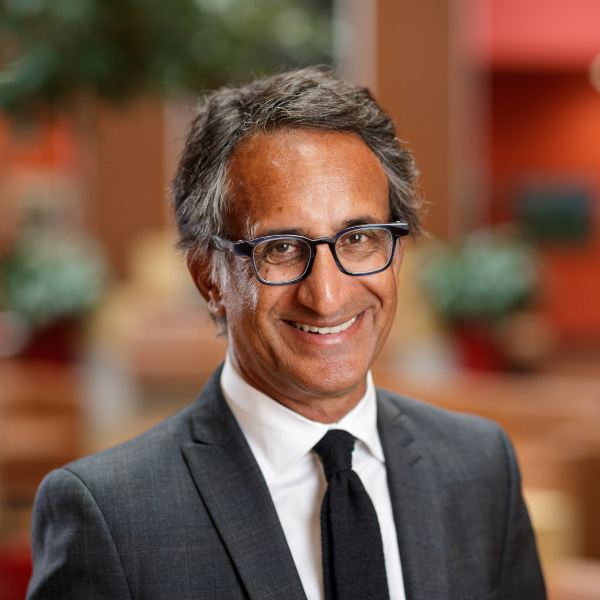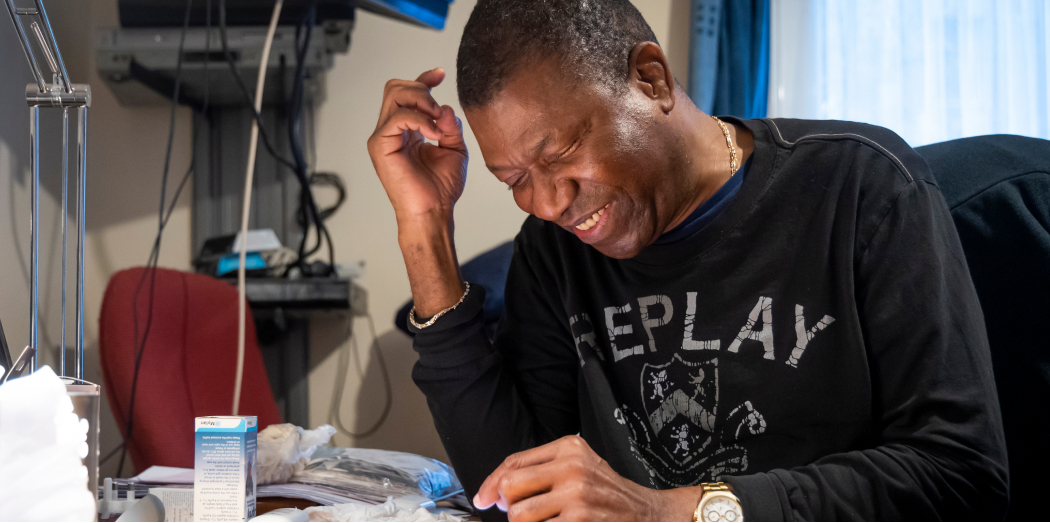Born and raised in Hamilton: Intergenerational and life course program of research
2018 Catalyst Grant
Age-related changes in health and mobility are inevitable; however, the age at which changes occur (onset), individual trajectories, and how health outcomes are interrelated, vary. Recently, attention has shifted from adult lifestyle and risk factors as causes for disease to a life-course perspective, examining risk factors that occurred much earlier in life. Here, the team proposes a comprehensive life-course approach that investigates the long-term effects of physical and social exposures at various stages of life (from childhood to adulthood) on health and disease risk in later life. The purpose of this catalyst grant is to develop a program of research within MIRA to study intergenerational and life course aging. The proposed Catalyst grant will take on three main activities: 1) using data from the CLSA to examine the effect of early life adversity on mobility, function and frailty. Furthermore, the team plans to explore the relationship between early child adversity and mental health, and how this is mediated by social isolation; 2) to perform a systematic review of existing literature to determine if early life and intergenerational influences impact mobility and functional abilities, mental health and social isolation in later life; and 3) based on findings from the first two objectives, to develop a proposal to establish a population-based intergenerational cohort study. The team will also conduct a pilot study to assess the feasibility of such a cohort in the Hamilton area.
“It is the first time in history that we have up to four generations living at the same time. The Labarge funding provides an opportunity to investigate the multifactorial impact across generations to understand how these factors impact the processes of healthy aging.”


